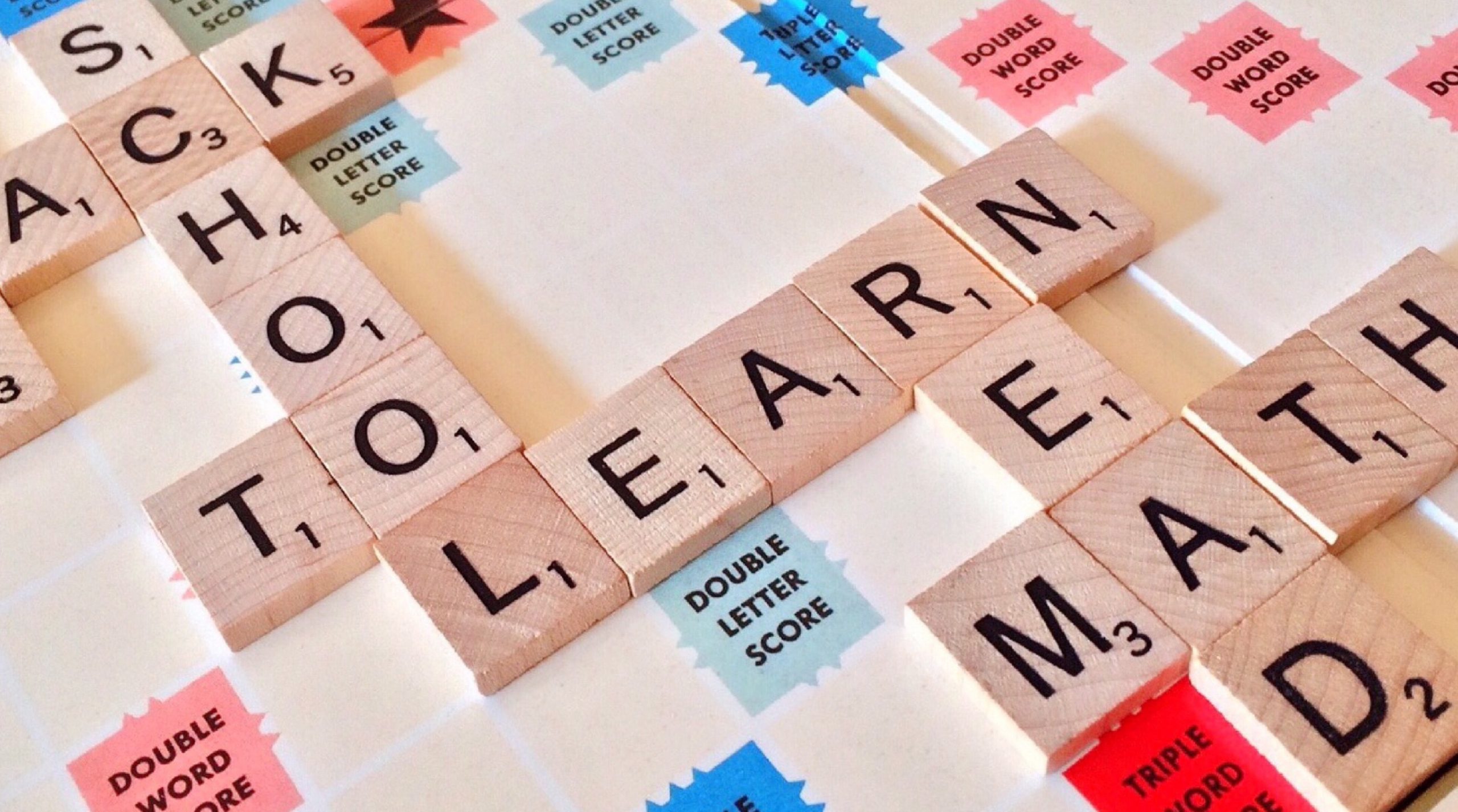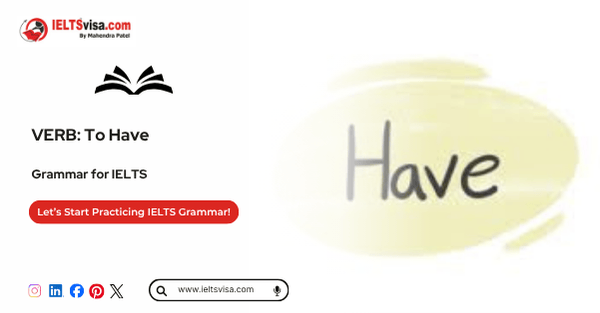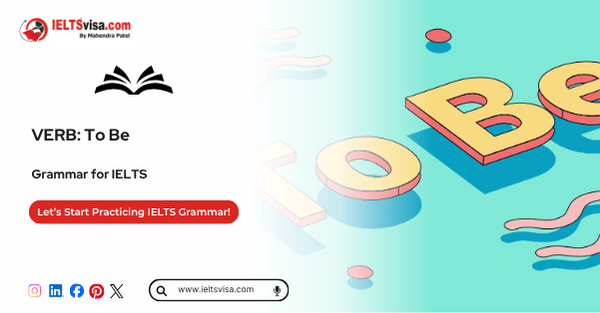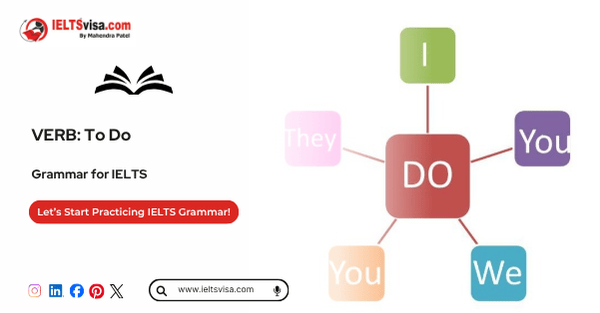Why some IELTS students get lower band scores in Reading?
IELTS Advice
There can be several reasons why some IELTS students get lower band scores in Reading. Here are some common reasons:
- Poor time management: The Reading section of the IELTS test is time-bound, and candidates need to answer 40 questions in 60 minutes. If a candidate spends too much time on a particular question or section, they may not have enough time to answer the remaining questions.
- Lack of reading skills: The Reading section requires candidates to have strong reading skills, including the ability to skim and scan, understand complex vocabulary, and interpret information presented in graphs and charts.
- Incomplete understanding of instructions: Not understanding the instructions, such as failing to follow the word limit or ignoring the question format, can result in lower scores.
- Poor exam strategy: Some candidates may not read the questions carefully or may not prioritize answering the questions that carry more marks. They may also struggle to find relevant information in the given text.
- Inadequate practice: Not practicing enough before the exam can also result in lower scores. Candidates who have not practiced reading English texts regularly may struggle to finish the Reading section within the given time limit.
- Language proficiency: Lower scores in Reading can also be due to inadequate proficiency in the English language, including weak vocabulary, grammar, and comprehension skills.
Study Abroad







Verb to Have
Verb to Have: What Type of Word Is “Have” and What Are Its Forms? Hello, students! 😊 Today, we are going to learn all about the verb "to have." This small yet powerful verb is one of the most commonly used words in the English language. Whether you’re just starting to...

The Verb To Be
The Verb “To Be” Explained, With Examples Hi students! Welcome to another exciting lesson in English grammar. Today, we’re going to talk about one of the most important and commonly used verbs in the English language: the verb “to be.” Whether you’re just starting to...

Verb: To Do
Verb: To Do, Does, Did Let’s dive deeper into the usage, structure, and details of "do," "does," and "did", covering every aspect thoroughly. 1. What Are "Do," "Does," and "Did"? These are forms of the verb "to do": Do: Present tense (used with I, you, we, they) Does:...








